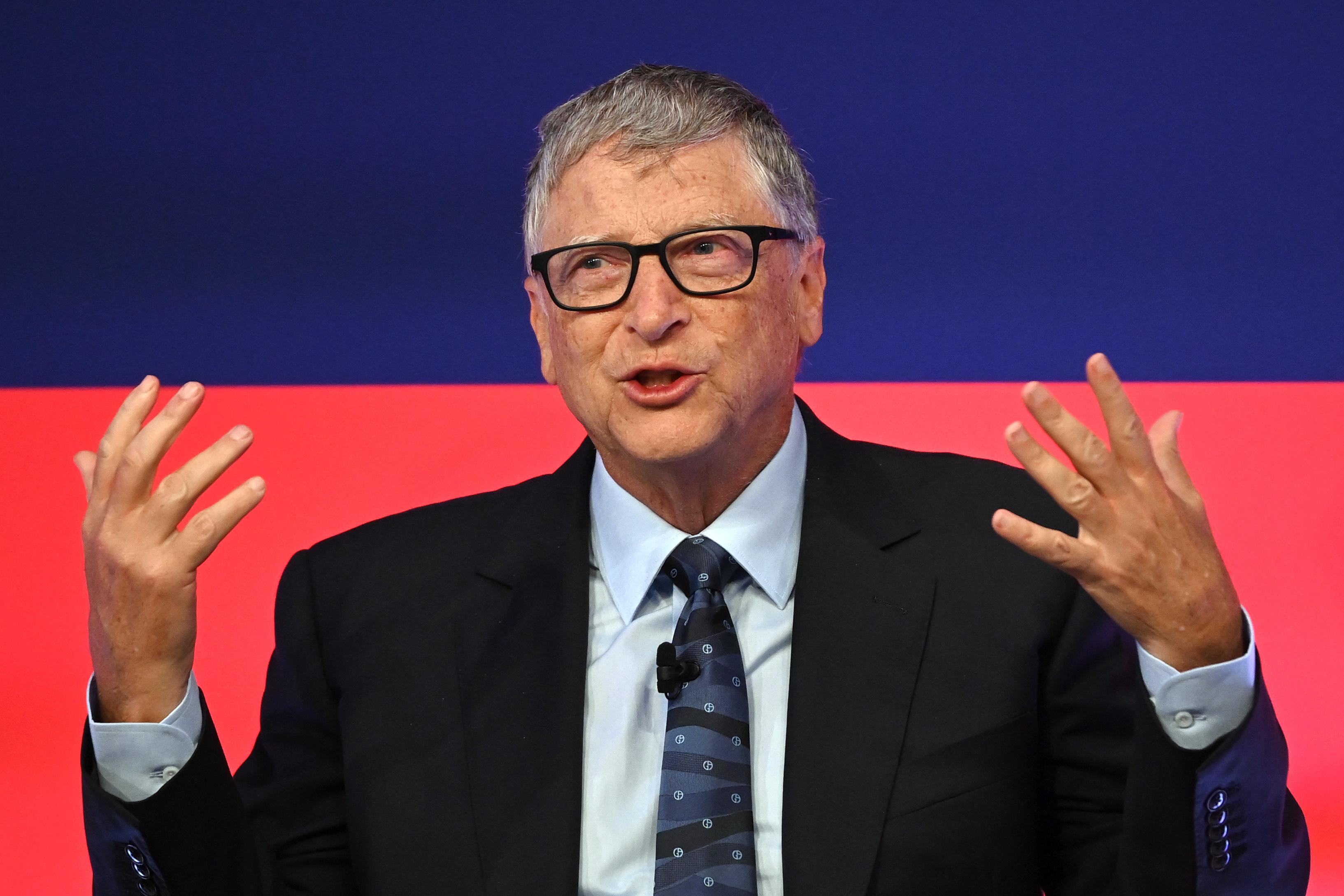Bill Gates repeats pledge to give away 'virtually all' of fortune, though his net worth has doubled since he first said it
He's donating another $20 billion to the Gates Foundation.

Bill Gates has renewed his pledge to give the "vast majority" of his wealth away, which comes in the immediate context of his giving another $20 billion to the Gates Foundation. The wider picture, however, is that since 2010 when he first began The Giving Pledge campaign, Gates' net worth has more than doubled. Then he was worth around $53 billion, but now it's closer to $118 billion according to Forbes magazine.
Gates is currently the world's fourth-richest man, even if he'll be down to his last $98 billion after this (from roughly 1995 to 2017 he mostly held the top spot). His fortune was of course built as the co-founder and key figure in the rise of Microsoft to the position of prominence it still holds in the world of computing today.
He took to Twitter, in somewhat philosophical mood, to talk about current global circumstances and his future plans.
"Several huge global setbacks over the past few years have left many people discouraged and wondering whether the world is destined to get worse," writes Gates, before going on to outline some of them: war in Ukraine, the pandemic, climate change, and the recent supreme court ruling on Roe vs. Wade.
"But I’m still optimistic," Gates continues. "These setbacks are happening in the context of two decades’ worth of historic progress and I believe it is possible to mitigate the damage and get back to the progress the world was making."
Gates goes on to say the Foundation plans to increase spending from the current $6 billion a year to $9 billion a year by 2026, which is why he's transferring a further $20 billion to its endowment this month.
With the support and guidance of our board, we plan to increase our spending from nearly $6 billion per year today to $9 billion per year by 2026. To help make this spending increase possible, I am transferring $20 billion to the foundation’s endowment this month. pic.twitter.com/ybLMAKPx7IJuly 13, 2022
Gates and his ex-wife set up the Bill & Melinda Gates Foundation in 2000, now the Gates Foundation, and thanks to the support of other hugely wealthy individuals like Warren Buffett it is the world's second-largest charitable foundation.
Keep up to date with the most important stories and the best deals, as picked by the PC Gamer team.
There are reasonable critiques about how the Gates Foundation operates, much of which comes down to its scale and influence. But even its critics have to acknowledge it has also done great things and represents a huge re-investment of personal wealth into global human health.
"As I look to the future, I plan to give virtually all of my wealth to the foundation," re-iterates Gates. "I will move down and eventually off of the list of the world’s richest people.
"I have an obligation to return my resources to society in ways that have the greatest impact for reducing suffering and improving lives. And I hope others in positions of great wealth and privilege will step up in this moment too."

Rich is a games journalist with 15 years' experience, beginning his career on Edge magazine before working for a wide range of outlets, including Ars Technica, Eurogamer, GamesRadar+, Gamespot, the Guardian, IGN, the New Statesman, Polygon, and Vice. He was the editor of Kotaku UK, the UK arm of Kotaku, for three years before joining PC Gamer. He is the author of a Brief History of Video Games, a full history of the medium, which the Midwest Book Review described as "[a] must-read for serious minded game historians and curious video game connoisseurs alike."

